In a statement that has captivated public attention and sparked widespread debate, West Bengal Chief Minister Mamata Banerjee has demanded the death penalty for those convicted in the horrific rape and murder case involving a prominent Kolkata doctor.
Her remarks come in the wake of a case that has shocked the nation and brought to the forefront critical issues surrounding crime, justice, and legal reforms.
Table of Contents
The Case that Shook Kolkata
The tragic case in question involves Dr. Arindam Chatterjee, a well-respected physician in Kolkata, who was brutally raped and murdered earlier this month. The crime, committed in the heart of the city, has not only horrified the local community but also triggered outrage across India. The brutality of the act and the high-profile nature of the victim have brought the case under intense scrutiny.
Dr. Chatterjee was known for his dedication to his patients and his significant contributions to the medical field. His sudden and violent death has led to an outpouring of grief and anger from both the medical community and the general public. In response to the crime, protests have erupted throughout Kolkata, with demonstrators demanding swift and severe justice.
Will Banerjee’s stance impact the trial’s outcome?
In a recent press conference, Chief Minister Mamata Banerjee addressed the media regarding the case. Her statement was clear and forceful, reflecting the gravity of the situation and the collective sentiment of the city’s residents. “This is a very big crime,” Banerjee declared. “The accused must face the harshest punishment available under the law. I believe they should be hanged.”
Banerjee’s call for the death penalty aligns with the demands of many outraged citizens and activists who view capital punishment as a necessary deterrent against such heinous crimes. The Chief Minister’s remarks underscore her commitment to addressing the needs of her constituents and her resolve to uphold justice in high-profile cases.
However, Banerjee’s statement also included a nuanced caveat. “While I firmly believe in the severity of the punishment for this crime,” she added, “I must also emphasize the importance of due process and the need for our legal system to function without bias. We must ensure that justice is not only served but is also seen to be served fairly.”
Also Read :- 8 Celebrities React to rape-murder of Kolkata Doctor’s Tragic Assault Case
Can the death penalty ensure true justice?
The call for the death penalty in such cases often ignites a complex debate involving legal, ethical, and societal considerations. Supporters of the death penalty argue that it serves as a deterrent and delivers a sense of justice to victims and their families. They contend that some crimes are so grievous that only the ultimate punishment can be considered appropriate.
Conversely, opponents of capital punishment highlight concerns about the potential for judicial errors, the morality of state-sanctioned death, and the effectiveness of the death penalty as a deterrent. They argue that the focus should instead be on improving the criminal justice system, addressing systemic issues, and providing support for victims and their families.
In India, the death penalty is legally permissible for the most serious crimes, but it is rarely imposed. The Supreme Court of India has established that capital punishment should be reserved for the “rarest of rare” cases, requiring that the severity of the crime be weighed against mitigating factors. This high threshold reflects a broader commitment to ensuring justice while avoiding the potential for irreversible mistakes.
Public Reaction and Protests
Mamata Banerjee’s statement has resonated with many Kolkata residents who have been vocal in their demands for severe punishment for the accused. Public protests have been marked by emotional appeals and calls for immediate action. The outpouring of support for Banerjee’s stance indicates a widespread desire for a tough response to violent crime.
Yet, the public reaction has not been uniformly supportive. Some critics argue that the call for the death penalty reflects a knee-jerk reaction rather than a thoughtful consideration of the complexities involved in the justice system. They caution against allowing public sentiment to unduly influence legal processes, emphasizing the need for a measured approach that ensures fair treatment for all involved.
The Role of Political Leadership
Political leaders like Mamata Banerjee play a crucial role in shaping public discourse and influencing policy decisions. By publicly addressing the case and advocating for a particular outcome, Banerjee not only addresses the immediate concerns of her constituents but also sets a tone for how such cases should be handled by the legal system.
Her emphasis on both the severity of the crime and the importance of due process reflects an attempt to balance public outrage with the principles of justice. This dual focus highlights the challenges faced by leaders in navigating high-profile cases that draw intense media attention and public scrutiny.
What’s next for justice in the Kolkata case?
As the investigation into Dr. Chatterjee’s murder progresses, the legal system will need to address several critical issues. Ensuring a fair and thorough investigation, protecting the rights of the accused, and providing support for the victim’s family are all essential components of a just process. The case will likely serve as a significant test for the Indian legal system and its capacity to handle high-profile crimes with both rigor and fairness.
The broader implications of the case extend beyond the immediate legal proceedings. It brings into focus ongoing discussions about the effectiveness of the criminal justice system, the role of capital punishment, and the need for comprehensive reforms. The case also underscores the importance of addressing the root causes of violence and ensuring that all citizens feel safe and protected within their communities.
In conclusion, Mamata Banerjee’s call for the death penalty in the Kolkata doctor rape-murder case has ignited a complex and multifaceted debate. While her stance reflects a desire for justice and a response to public sentiment, it also highlights the need for a balanced and thoughtful approach to criminal justice. As the case unfolds, it will be crucial for all stakeholders to engage in a dialogue that considers both the demands for justice and the principles of fairness that underpin the legal system.
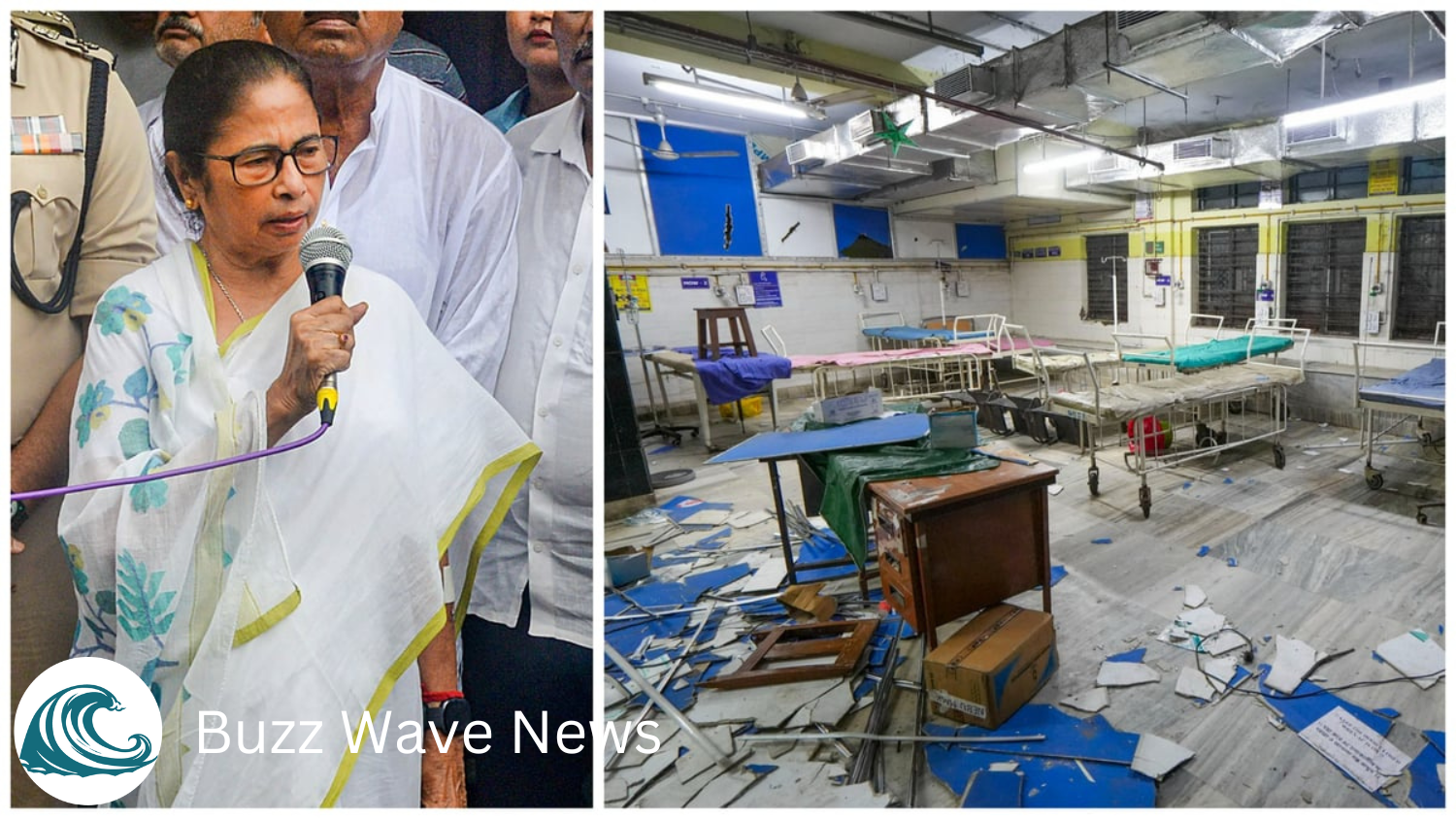


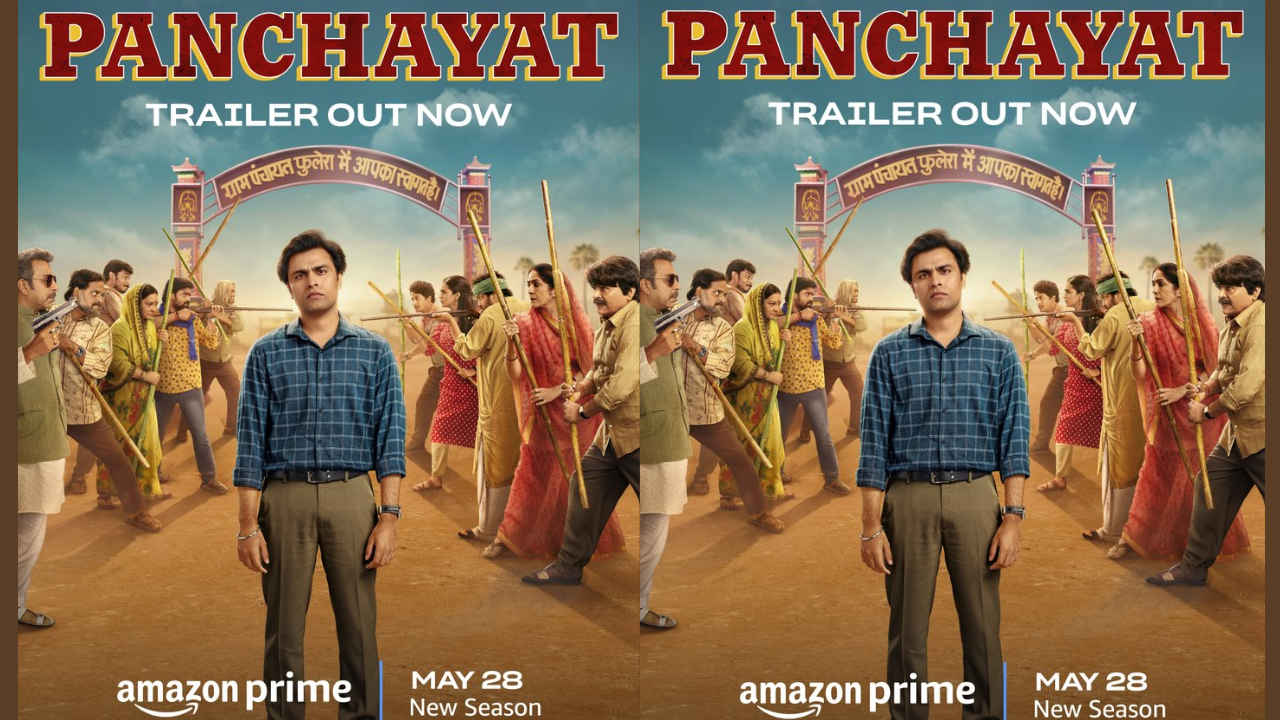
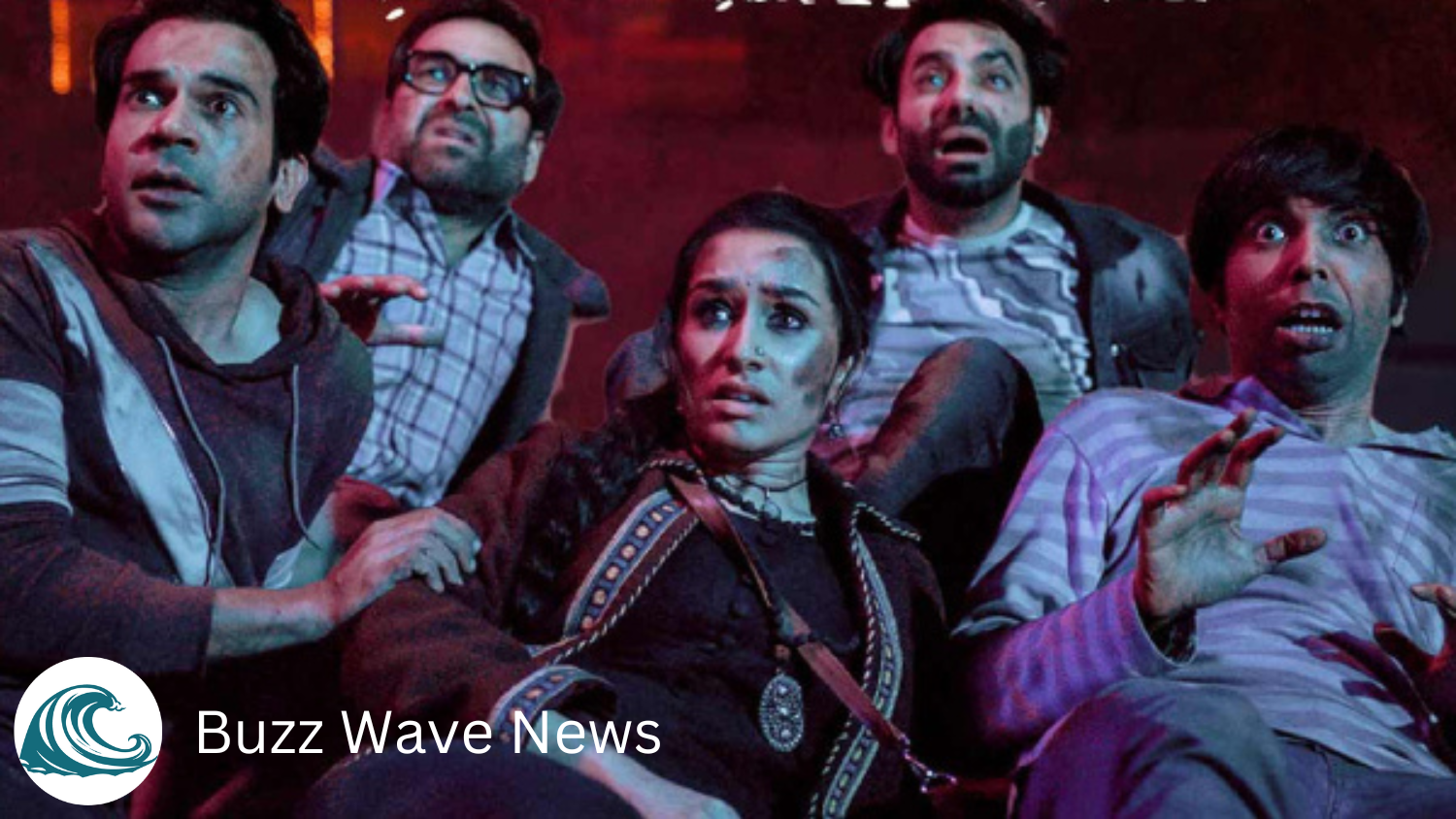









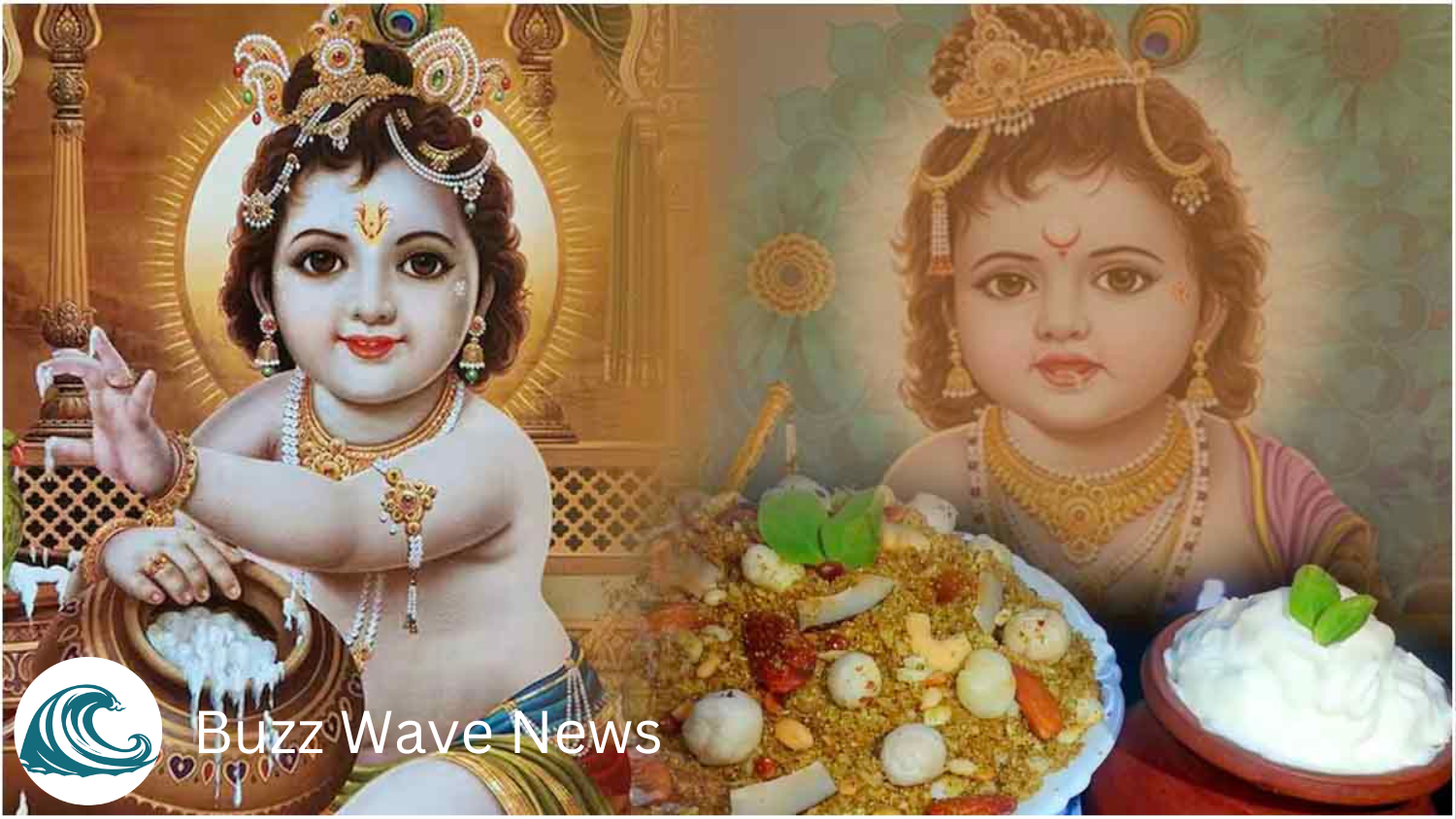
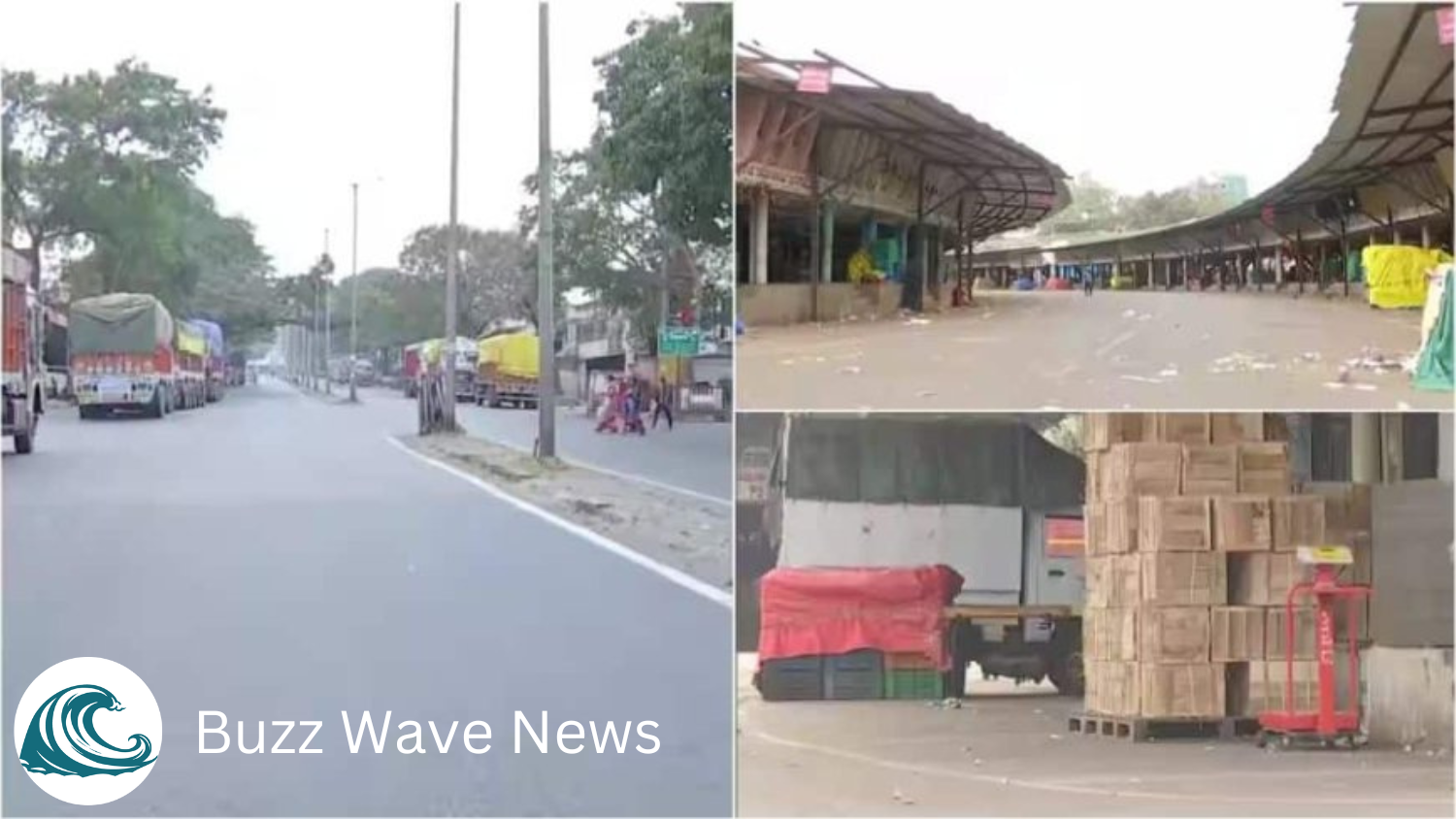
4 thoughts on “Mamata Banerjee Calls for Death Penalty in Kolkata Doctor Rape Case 2024, But…”